Ever experienced an ‘Engine Failure Hazard Renault‘ warning on your Renault dashboard and wondered what it means?
In this article, we’re going to delve into the meaning of Engine Failure Hazard in a Renault vehicle, its potential causes, and how you can fix it.
Understanding these alerts can help you prevent further damage to your car while ensuring safe driving.
From malfunctioning sensors to serious mechanical breakdowns, there could be numerous reasons triggering the dreaded ‘Engine Failure Hazard’ alert.
But fret not – from DIY fixes for minor issues to knowing when exactly professional assistance is needed, we’ve got you covered with easy-to-understand solutions! Buckle up as we navigate through this auto mystery together.
The dreaded engine failure hazard light on your Renault dashboard signals a potential problem detected by the vehicle’s engine management system. It could range from minor glitches to severe malfunctions. Common causes include faulty sensors, electrical issues, fuel system problems, ignition system faults, and emission control system issues.
Table of contents
What is Engine Failure in a Renault?

Engine failure in a Renault refers to the situation when your car’s engine stops working as it should. This could lead to various problems, impacting both performance and safety.
Here are some common signs of engine failure:
Causes:
There could be numerous reasons behind this issue. Here are 3 main causes:
Fix:
To fix potential issues with your Renault’s engine,
| Action | Description |
|---|---|
| Check Fluid Levels | Ensure that oil and coolant levels are within recommended range. |
| Belt Replacement | Change any cracked or frayed belts |
| Routine Maintenance | Regular servicing ensures early detection of potential issues |
Remember! Always consult with a professional mechanic for major repairs or if you’re unsure about something.
Common Causes of Engine Failure Hazard Renault Vehicles:

Renault vehicles, like any other, may face engine failure due to a variety of reasons. Here are some common causes:
Overheating:

Engines can fail if they get too hot. This often happens due to coolant leaks or radiator issues.
Oil Leaks:

Oil is crucial for lubrication and cooling the engine’s internal components. If oil levels drop significantly because of a leak, it could cause serious damage.
Timing Belt Failures:
A snapped timing belt can lead to severe engine damage in Renaults with interference engines.
Poor Maintenance:
Ignoring regular maintenance tasks such as oil changes or replacing worn-out parts can lead to premature engine failures.
| Cause | Symptoms | Fixes |
|---|---|---|
| Overheating | High temperature gauge reading, steam from under the hood | Check and repair coolant system |
| Oil Leaks | Low oil warning light, visible oil on ground under car | Find and fix source of leak |
| Timing Belt Failures | Poor running conditions, loud noise from engine | Replace timing belt at suggested intervals |
| Poor Maintenance | Gradual decrease in performance over time | Stick to recommended service schedule |
Understanding these common causes should help keep your Renault running smoothly for longer.
Watch this video to fix this issue ASAP:
Symptoms of Engine Failure in a Renault:
If your Renault is showing signs of engine failure, it can be a stressful situation. Here are symptoms to keep an eye out for:
Following table elucidates further on these symptoms and their possible reasons:
| Symptom | Possible Reason |
|---|---|
| Loud Noises | Worn-out bearings, broken components |
| Poor Performance | Faulty spark plugs, air filter needs replacement |
| Excessive Smoke | Oil leakage into combustion chamber |
These are just few initial signals which might indicate towards potential engine failure. However, if you’ve noticed any of these symptoms, it’s important to get your vehicle checked by professional immediately.
Diagnostic Steps to Identify Engine Failure in a Renault:
Identifying engine failure in your Renault requires keen observation and systematic diagnosis. Here are simple yet crucial steps:
Consider these common causes and fixes if you’ve identified any issues:
| Cause | Fix |
|---|---|
| Overheating | Check coolant level; inspect radiator condition |
| Low Oil Level | Top-up oil; regular vehicle servicing |
| Poor Quality Fuel | Use recommended fuel type/grade |
Remember, early detection of issues can save expensive repairs down the line! If unsure, always consult a professional mechanic.
Understanding the Impact of Engine Failure on a Renault Vehicle:
Engine failure in your Renault vehicle can have serious consequences. Here’s what you need to know:
Here are some common causes for engine failures:
| Causes | Description |
|---|---|
| Overheating | Constant overheating can warp parts within your engine causing severe damage |
| Lack of Oil | Without enough oil, components inside the engine rub together and wear out faster |
| Detonation Issues | This refers to improper combustion which often results in knocking noises from the engine |
To fix these issues:
- Regularly check coolant level
- Make sure oil is changed as per recommended schedule
- Tune up your vehicle regularly ensuring spark plugs are clean and working properly
Preventive Measures to Avoid Engine Failure in Your Renault Car:
Avoiding engine failure requires regular maintenance and a keen eye for potential issues. Here are some preventive measures you can take:
Use this table as a guide for general maintenance schedule:
| Maintenance Task | Frequency |
|---|---|
| Oil change | Every 3,000-5,000 miles |
| Coolant check | At least twice per year |
| Brake fluid check | Annually |
| Power steering fluid check | Annually |
| Air filter replacement | Every 15,000-30,000 miles |
Lastly,
- Listen for any unusual noises from your car.
- Keep an eye out for leaks.
- Pay attention to any warning lights on the dashboard.
By following these preventive steps consistently will help keep your Renault running smoothly while minimizing risk of engine failure.
Engine Failure Due to Lack of Maintenance: How to Prevent It?
Regular maintenance is crucial for the longevity and performance of your Renault. Ignoring this can lead to engine failure, a costly problem no one wants.
Here’s how you can prevent it:
| Checkpoint | Frequency |
|---|---|
| Oil Change | Every 3-6 months |
| Coolant check | Twice a year |
| Air filter replacement | Annually |
| Spark plug inspection/replacement | Every 30,000 miles |
Preventive care saves you money in the long run by avoiding major repairs due to neglect. So make sure you stick with these simple steps!
How Can Overheating Lead to Engine Failure in Your Renault?
Overheating is a primary culprit when it comes to engine failure. It can cause serious damage, leading your Renault’s engine to fail. Here’s how:
Here are some common causes of overheating that you should keep an eye on:
| Causes | Description |
|---|---|
| Coolant Leaks | If there isn’t enough coolant circulating through the system because of a leak, then your car will overheat |
| Radiator Problems | A blocked or broken radiator won’t be able to cool down hot fluid from the engine adequately |
| Broken Water Pump | The water pump helps circulate coolant throughout your cooling system; if it’s malfunctioning then overheating can occur |
If you notice any signs of overheating like steam coming out from under your hood or an illuminated check-engine light on your dashboard, pull over immediately and turn off the ignition! Seek professional help as soon as possible.
Addressing Electrical Issues that Cause Engine Failure in a Renault:
Renault cars, like any other, can face engine failure due to electrical issues. Here are some common causes and their fixes:
1. Battery Problems
2. Starter Motor Failures
3. Alternator Faults
| Issue | Fix |
|---|---|
| Battery Problem | Replacement |
| Starter Motor | Replacement |
| Alternator | Inspection & Replacement |
Remember: Prevention is always better than cure! Regular maintenance helps avoid major issues down the line.
Fixing and Repairing an Engine with Serious Damage:
The task of repairing a seriously damaged engine can be daunting. But, don’t fret! Here are some practical steps you can take:
Here’s a handy table summarizing potential damages and their fixes:
| Potential Damage | Solution |
|---|---|
| Blown head gasket | Replace with new one |
| Cracked piston | Install new piston |
| Bent valve | Substitute with new valve |
Remember:
- Always use genuine Renault spare parts for replacements.
- If repairs seem too complex, consider seeking professional help.
- Regular maintenance checks can prevent serious damage in future!
Engine failures could create hazardous situations if left unattended – so act swiftly!
Conclusion and final thoughts 💭
Engine failure in Renault vehicles isn’t an uncommon issue. It’s crucial to understand the meaning, causes, and fix for this hazard to ensure your safety on the road.
From fuel system malfunctions to oil leaks or even ignition related issues – there are myriad reasons that could lead to engine failures.
Thankfully, with regular maintenance checks and prompt attention to warning signs, you can prevent such catastrophic failures.
Remember, if you’re unsure how to deal with these problems yourself – seeking professional help is always the best course of action.
Don’t let minor issues snowball into major ones – be proactive about your vehicle’s health!
Latest Posts:
- Can WD-40 Remove Scratches on Cars? (Hint: Yes, but…)
- Can You Use a Drill to Polish Your Car? (We Tried it Out!)
- Should You Cover Car Scratches With Stickers? (REVEALED!)
- Buick Service Stabilitrak: (Causes & 100% Guaranteed Fix!)
- Common Holden Trax Problems (Causes & 100% Proven Fixes!)
- Jeep Commander Transmission Over Temp: (Guaranteed Fix!)

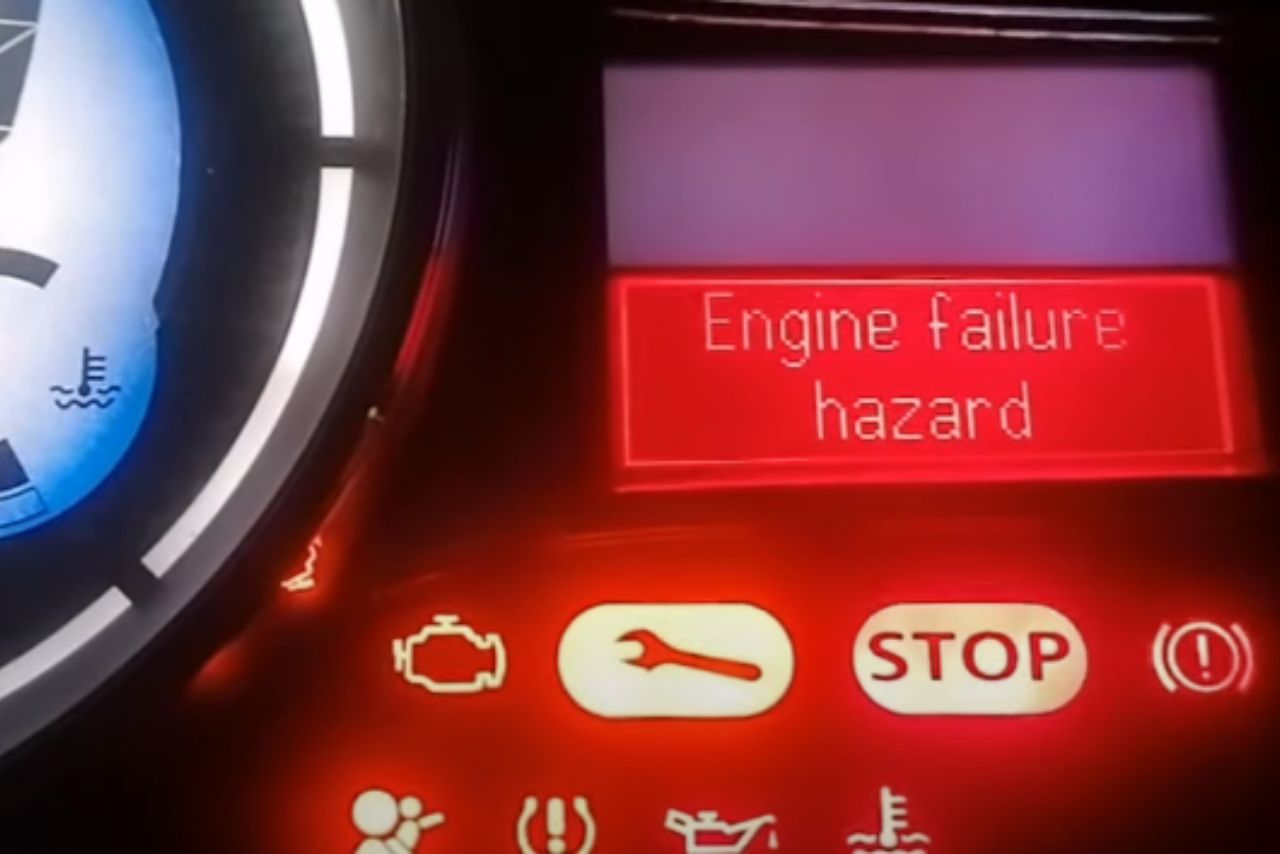
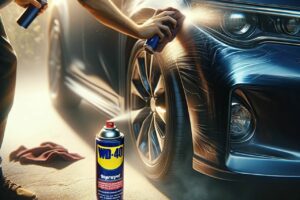
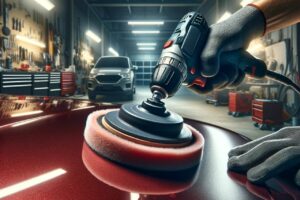

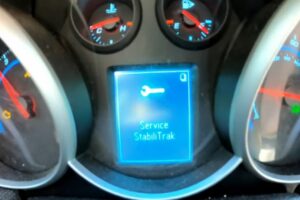

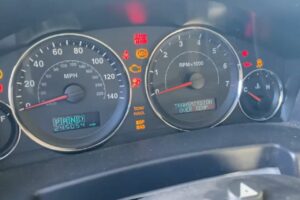
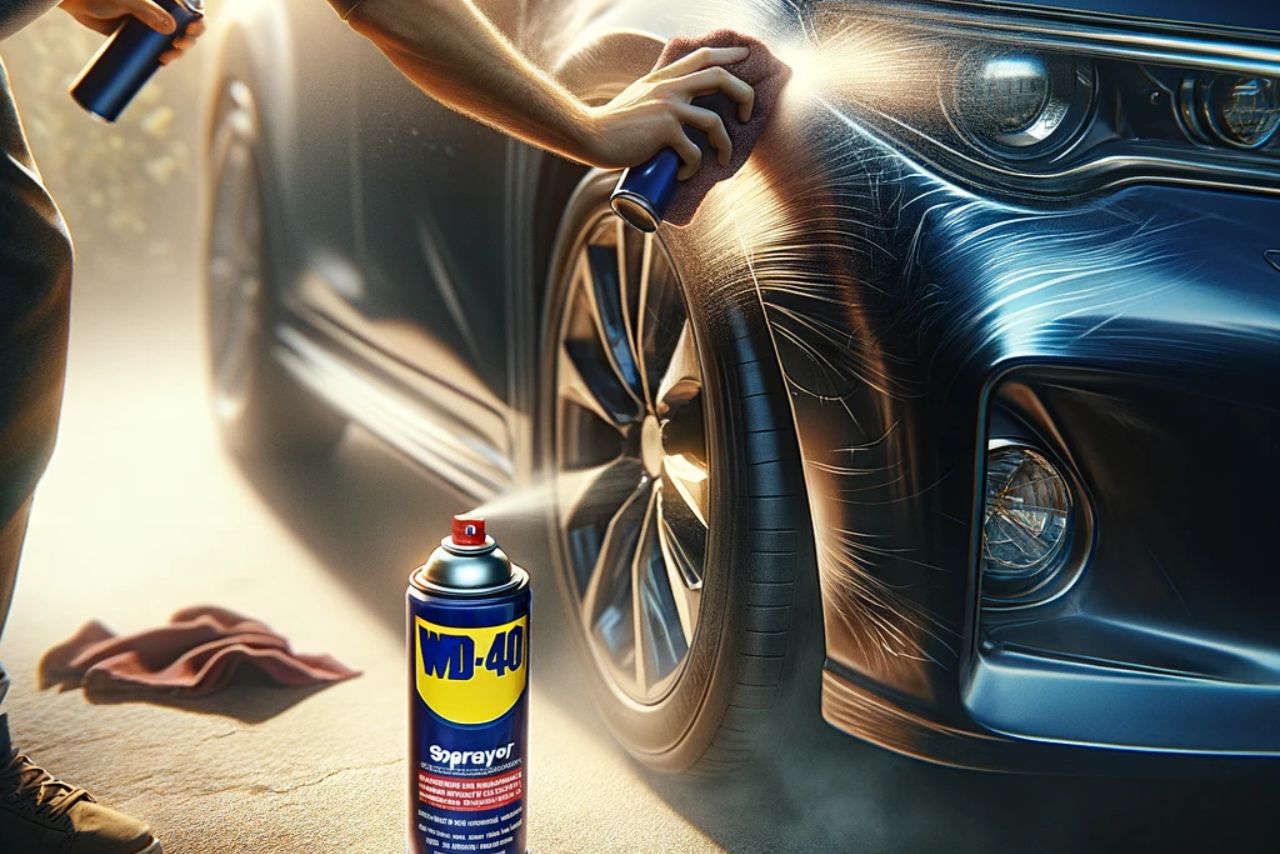
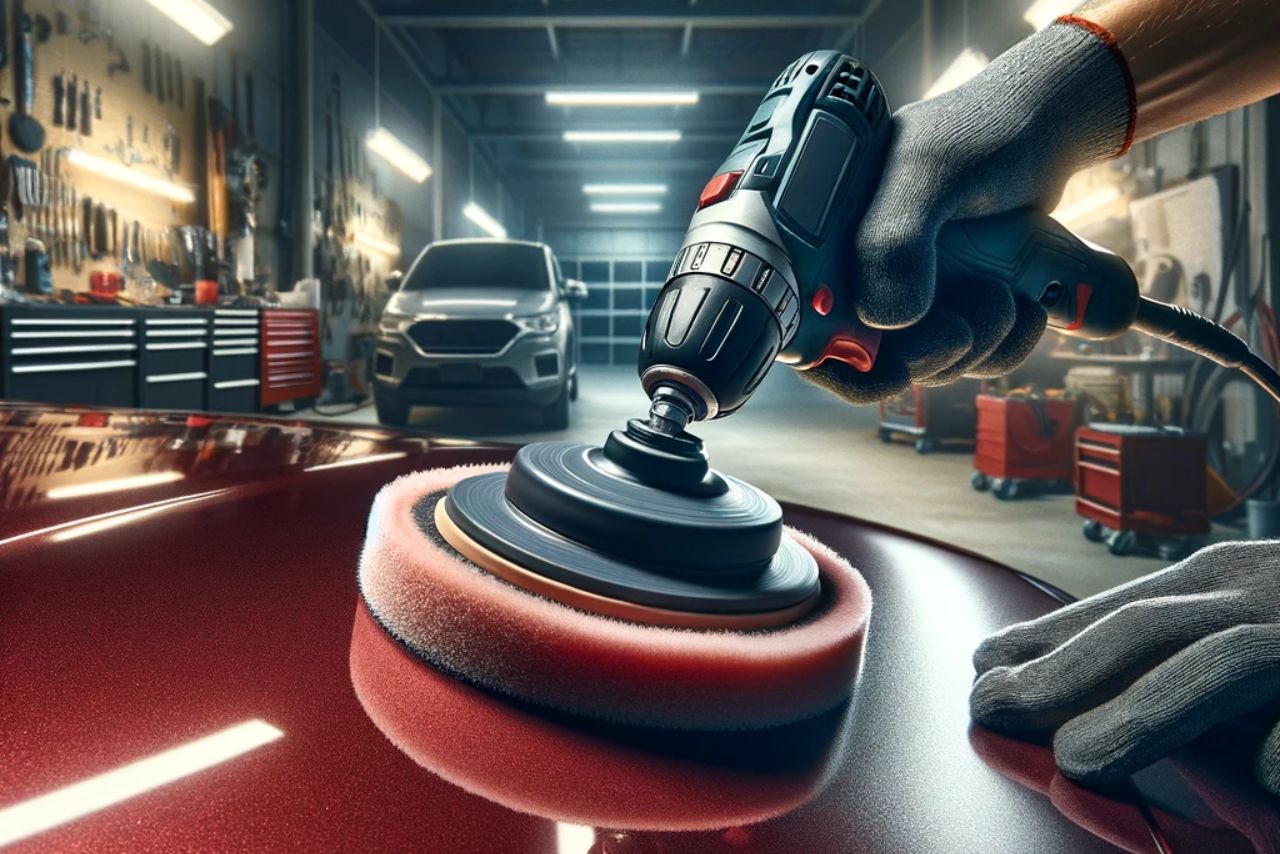
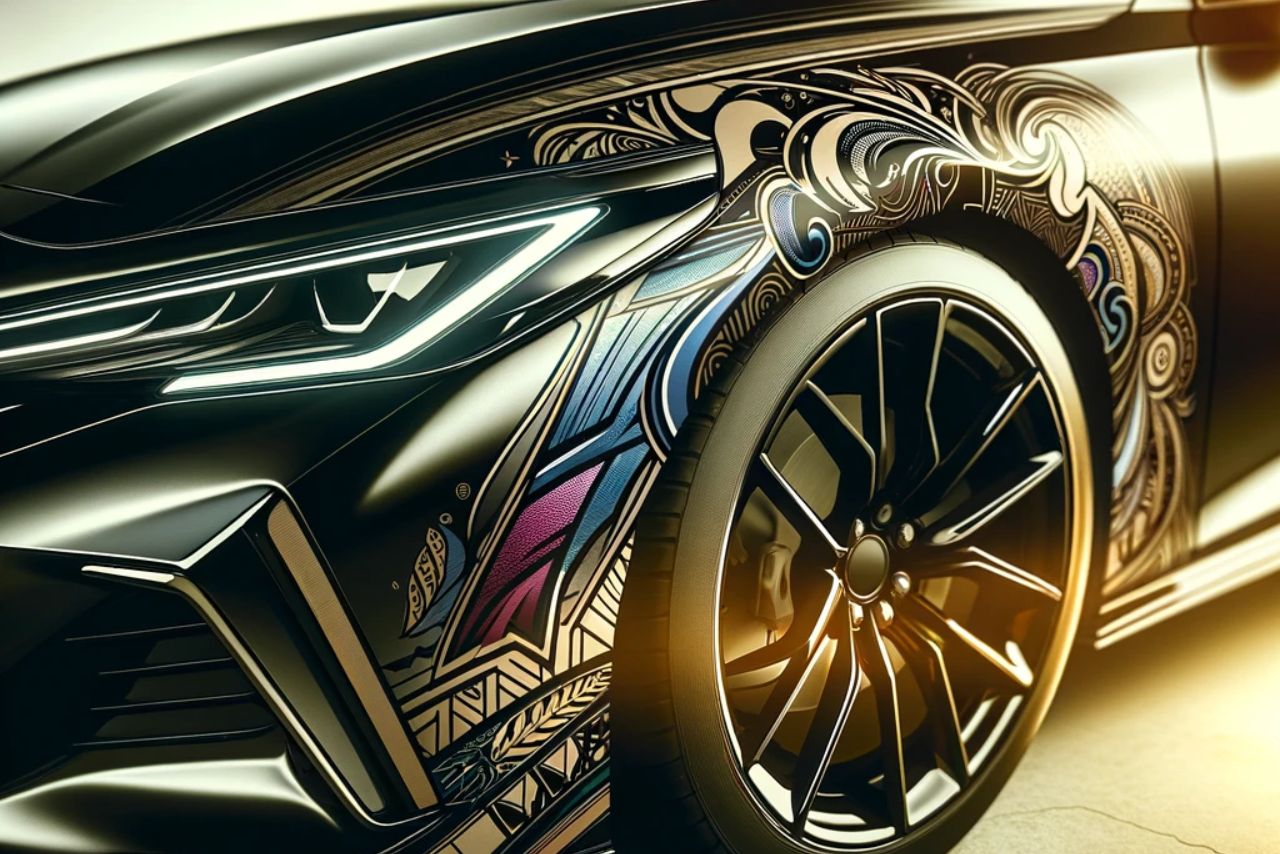

Leave a Reply